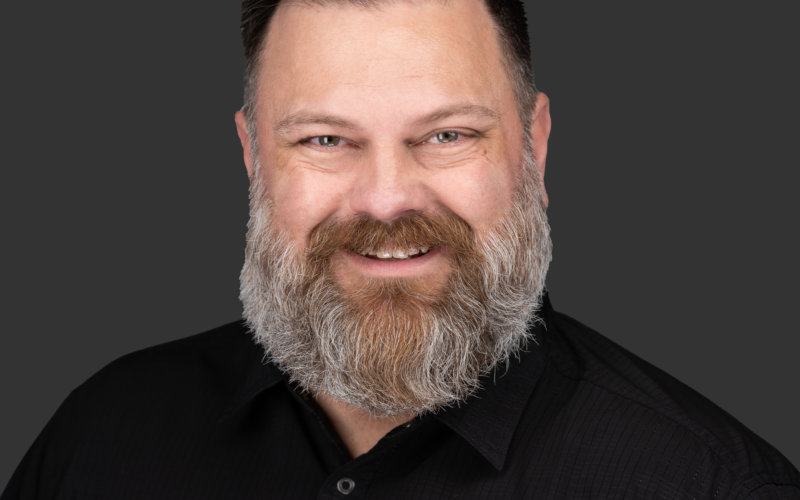
There is a common misconception that only people who have served in the military develop post traumatic stress disorder. While PTSD is a prevalent issue for military veterans, anyone who endures trauma can experience PTSD.
Mark Dust, a lecturer in public health at Cal State Fullerton and a U.S. Army veteran, researches how people can build physiological and psychological resilience if they experience a traumatic event.
Dust, who developed PTSD after being deployed to Baghdad, Iraq from 2005 to 2006, says there are many incorrect assumptions related to PTSD and believes PTSD prevention needs to be explored further.
PTSD in civilians can result from sexual or physical assault, Dust said. It can occur after a person experiences a natural disaster, violence, a motor vehicle accident, a life threatening injury, illness or the unexpected death of a loved one.
As the number of people dealing with PTSD continues to rise in the United States, Dust said PTSD may be hard to cure but it can be managed. PTSD symptoms can take time to develop. Symptoms can vary from person to person, and they may not appear immediately after a traumatic event.
Dust said: “The fields of psychology and medicine have focused on the treatment of PTSD for decades, but very little attention has been given to the potential for development of physiological and psychological strengths to moderate the body and mind’s ability to withstand or recover more efficiently from a traumatic experience.
“Mood, anxiety and substance use disorders are often comorbid with PTSD as well. The public health burden born by these health outcomes is just too great to bear for society and the individuals affected by PTSD.”
Learn more about Cal State Fullerton news and faculty experts.